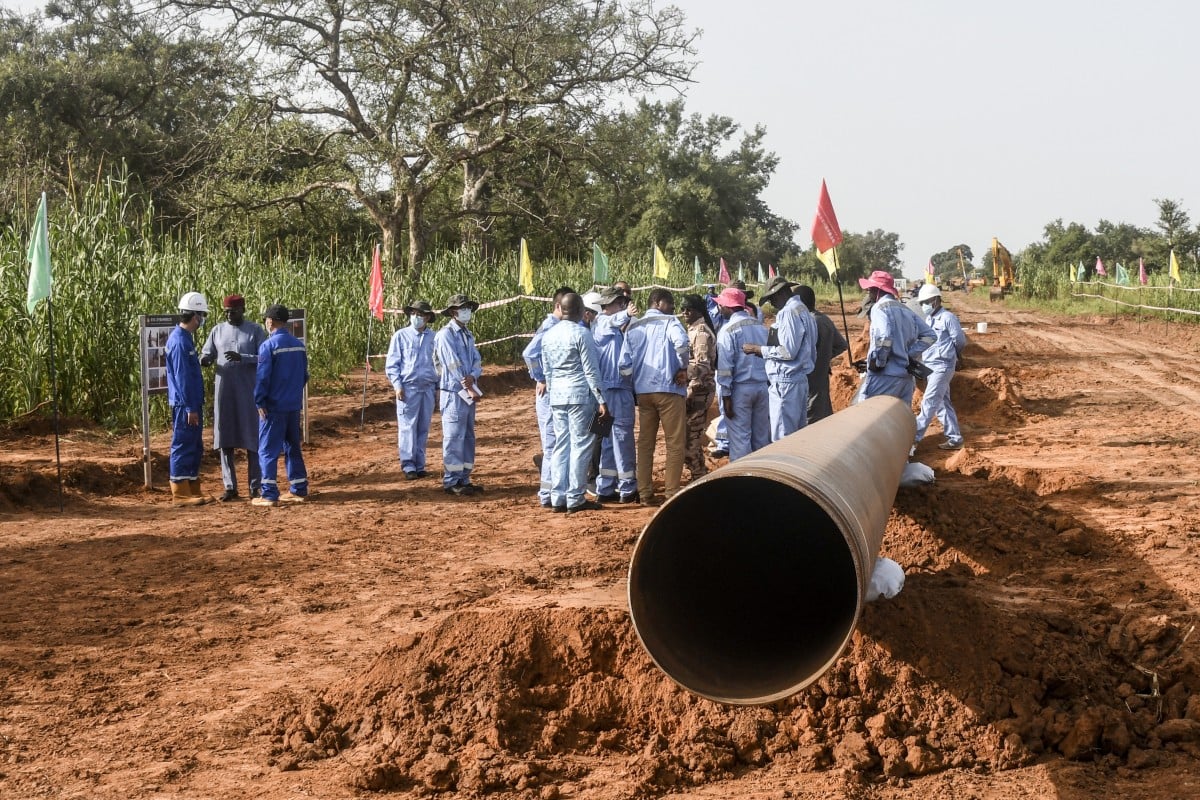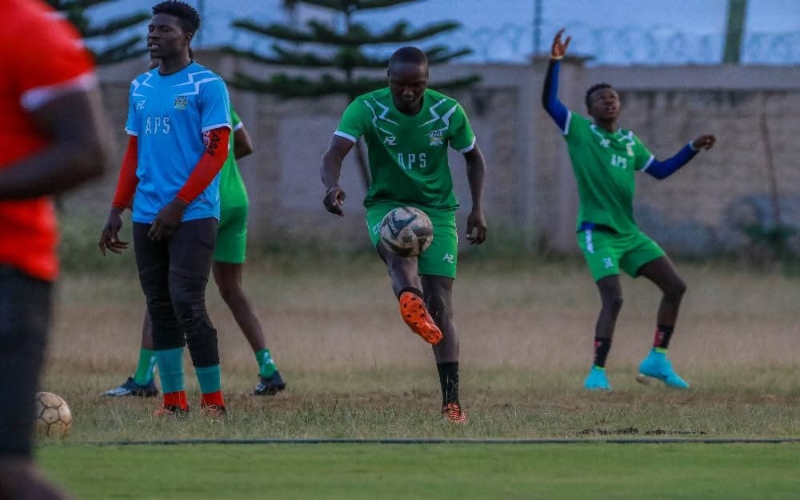Nigeria denies allegations of destabilising Niger amid pipeline attacks

Niger, which began oil production in 2011 with a modest output of 20,000 barrels per day, views this pipeline as a significant economic asset.
Nigeria has firmly denied allegations of attempting to destabilise Niger's junta-led government, following accusations from Niamey that Nigerian forces supported militant groups responsible for attacks, including a December 13 assault on the Niger-Benin oil pipeline in the Gaya region.
In a statement from Abuja, Kimiebi Imomotimi Ebienfa, acting spokesperson for Nigeria's Ministry of Foreign Affairs, labelled the claims as baseless and urged their complete dismissal.
More To Read
- Niger's military leader named president, entrenches power
- Mali, Burkina Faso and Niger to launch biometric passports under new alliance
- West African bloc ECOWAS lifts sanctions against Guinea, Mali
- West Africa bloc ECOWAS says lifting post-coup sanctions on Niger
- Fractured West African bloc ECOWAS appeals for unity
- Troubled West African states test fractured regional bloc ECOWAS
"The Federal Government of Nigeria refutes in very strong terms, allegations by the Nigerien authorities that the Lakurawa terrorist group, with the help of foreign security forces – including Nigerian security forces – were responsible for the attack on the Niger-Benin oil pipeline on the 13th of December 2024, in Gaya, Dosso Region of Niger Republic," Ebienfa stated.
The Niger-Benin oil pipeline, constructed and operated by the China National Petroleum Corporation (CNPC), is a nearly 2,000-kilometer conduit linking Niger's Agadem oilfields to the Beninese port of Sèmè on the Atlantic Ocean.
Initiated in 2019, the pipeline was completed in 2023, with exports initially slated for January 2024.
However, a border closure dispute between Niger and Benin delayed operations until May 2024, following Chinese mediation.
After just one shipment, the pipeline was shut down again on June 16, 2024, due to an attack by a rebel group opposing Niger's military junta.
Longest pipeline
Notably, it stands as the longest pipeline in Africa.
Niger, which began oil production in 2011 with a modest output of 20,000 barrels per day, views this pipeline as a significant economic asset. However, the project has faced challenges, including delays due to the COVID-19 pandemic and security threats.
In June 2024, unidentified attackers killed six soldiers guarding the pipeline in Niger's southeastern Dosso region, marking the first such incident targeting security forces assigned to protect the pipeline.
The recent allegations have further strained relations between Nigeria and Niger, already tense since Niger's 2023 military coup, which led to a severance of ties with the Economic Community of West African States (ECOWAS).
While there was a brief thaw in tensions in August with the resumption of security cooperation, these new accusations have reignited diplomatic discord between the neighbouring nations.
Top Stories Today













































